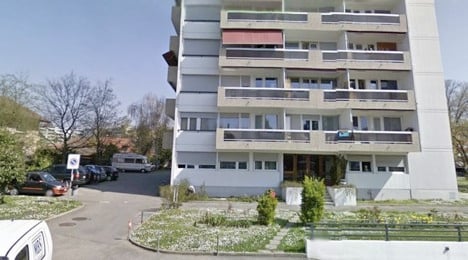The bodies of the couple were discovered by cantonal police on Saturday in an apartment building at 2 Rue Jean-Simonet in the Châtelaine neighbourhood.
Police broke into the apartment after relatives expressed concern about not hearing from the man and woman.
The Geneva justice department on Tuesday confirmed the criminal nature of their deaths.
“The investigation showed that they were both violently hit on the upper part of the body and the head,” the department said in a news release.
“Their deaths were caused by strangulation.”
The announcement confirmed information published earlier in the day on the website of the Tribune de Genève newspaper.
The woman was found in the living room of the apartment, while the man was covered by a carpet and laid out between two rooms.
The couple were originally from the canton of Schwyz but had lived in Geneva for 30 years, the Tribune reported.
Another newspaper, Le Matin, reported that the apartment had ben ransacked.
The couple had lived a life “without incident”, according to residents.
The justice department said an investigation to determine who was responsible for the “murders” continues.



 Please whitelist us to continue reading.
Please whitelist us to continue reading.
Member comments